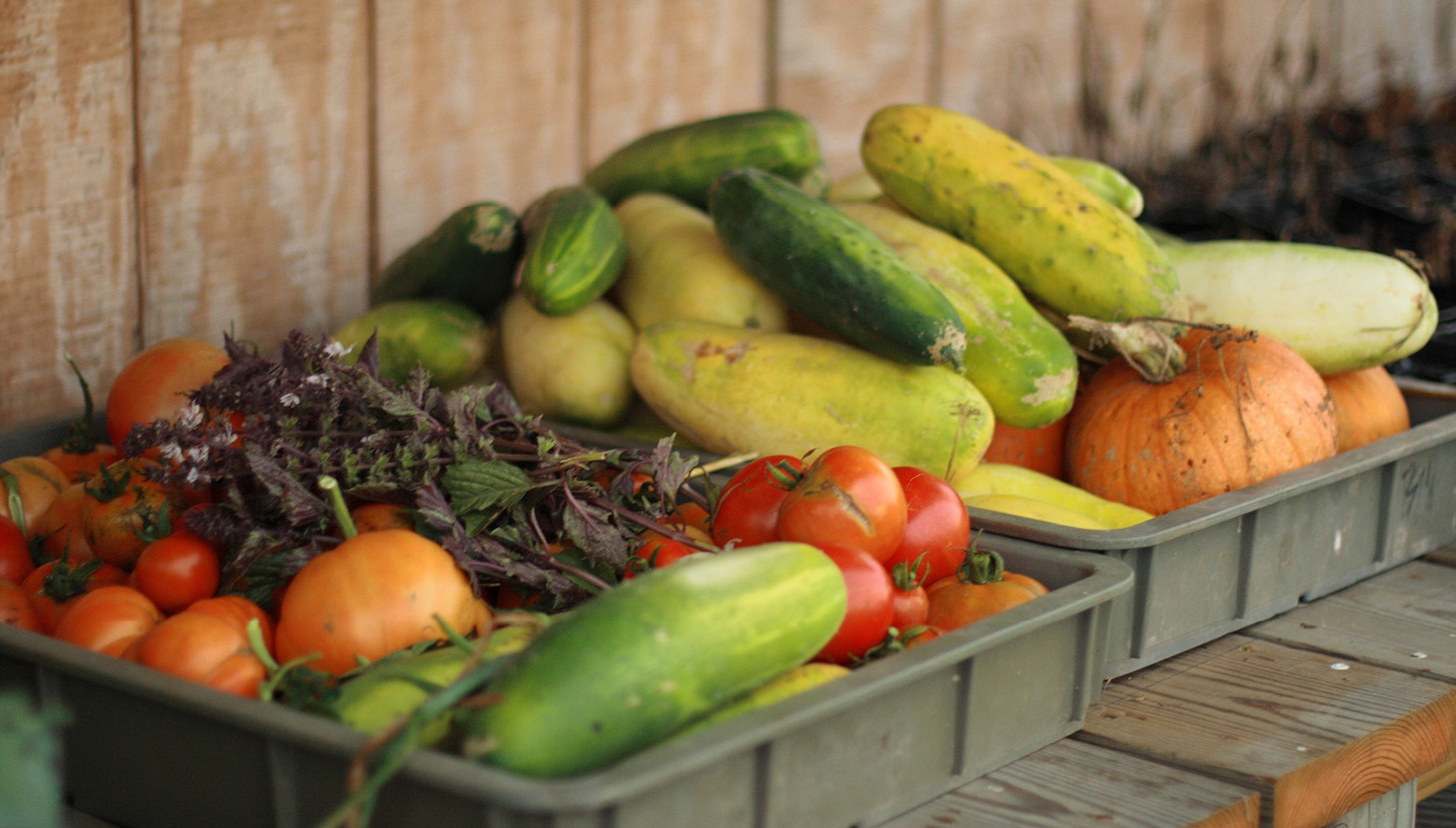Words by Kato Allaert, a brand new Young Urbanist member of the Academy. Kato is originally from Belgium but has been living and working in London since the completion of her MSc Sustainable Urbanism from the Bartlett. Kato’s short piece, Closing the Loop, is based on her dissertation which explores sustainable food systems.
Food systems currently account for 29 per cent of global carbon emissions. The majority originates in food production, but the share caused by processing, distribution and disposal is growing. To address this, food systems are examined using the approach of food localization. The research questions are: How can food localization contribute to the sustainability of settlements? How can a sustainable food system be implemented?
A thorough review of academic and professional work on food systems and sustainability clarifies that benefits of local food systems go beyond reducing emissions: food localization has a positive effect on health and well-being, the local economy, the environment and connections between people and food. A case study of five local food systems uncovers distribution and disposal as weak links regarding sustainable food localization.
To address this gap in research and close the loop, a toolkit of design principles is developed and applied to four projects sites, distinguished by urban form, within one region. At the core, a compact solution for a gardening shed, transformable into a workshop space, is designed. In the fringe, objects guiding people to local food are planned. In the periphery and the rural hinterland, a network of food distribution and disposal is proposed around a transport hub, in the latter combined with tourism facilities. On the regional level, existing infrastructure like railways and cycle highways is used to handle distribution and disposal of local food. The designs represent solutions for a general problem, not a site-specific one. The toolkit of design principles offers straightforward methods for implementing sustainable local food systems. By using the concept of closing the loop, a holistic perspective is secured. The implementation of food localization is an exemplar of strong sustainability as it sparks off a wide array of benefits for people and the environment.
Kato Allaert
